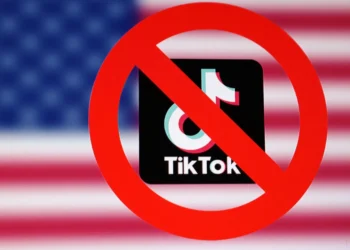Apple has announced it will be implementing price adjustments for in-app purchases on the App Store starting from September 16, 2024.
The price adjustments will affect app developers and users in three select markets covering Senegal, Laos, and Chile.
While Apple did not state whether it would be an upward or downward adjustment, it cited the introduction of Value Added Tax (VAT) in the affected countries as the reason for the adjustments, which indicates that the prices will be increased.
Specifically, Apple said there has been an introduction of an 18% VAT in Senegal while Laos had also introduced a 10% VAT.
Need for price update
Explaining the rationale for the price adjustments, Apple in a message to users and app developers stated:
“The App Store is designed to make it easy to sell your digital goods and services globally, with support for 44 currencies across 175 storefronts.
“From time to time, we may need to adjust prices or your proceeds due to changes in tax regulations or foreign exchange rates.
“These adjustments are made using publicly available exchange rate information from financial data providers to help make sure prices for apps and In-App Purchases stay consistent across all storefronts.”
Impact of the update
Highlighting how the update will impact app owners’ pricing on the App Store, Apple noted that for developers who have chosen Chile, Laos, or Senegal as their base storefront, prices will remain unchanged.
- Additionally, prices will not change in any region for auto-renewable subscriptions or in storefronts where developers manually manage pricing instead of using Apple’s automated equalization system.
- It added that developers can view or edit the forthcoming price changes, adjust their app’s base country or region, and set specific prices for in-app purchases.
- The company provides tools and resources in App Store Connect to help developers manage pricing, including the ability to edit base regions and view pricing and availability start times by region.
What you should know
Similar to the introduction of digital tax in Nigeria’s Finance Act 2021, Senegal through its 2023 Finance Act also recently mandated all non-resident providers of digital services in the country to register for VAT from July 1, 2024.
This also applies to marketplace and platforms under Article 31 of the Finance Act, which makes the intermediary liable for the VAT collections.
The Act defines digital services as the supply of intangible goods or services carried out in an automated manner on a computer and/or electronic network.





















